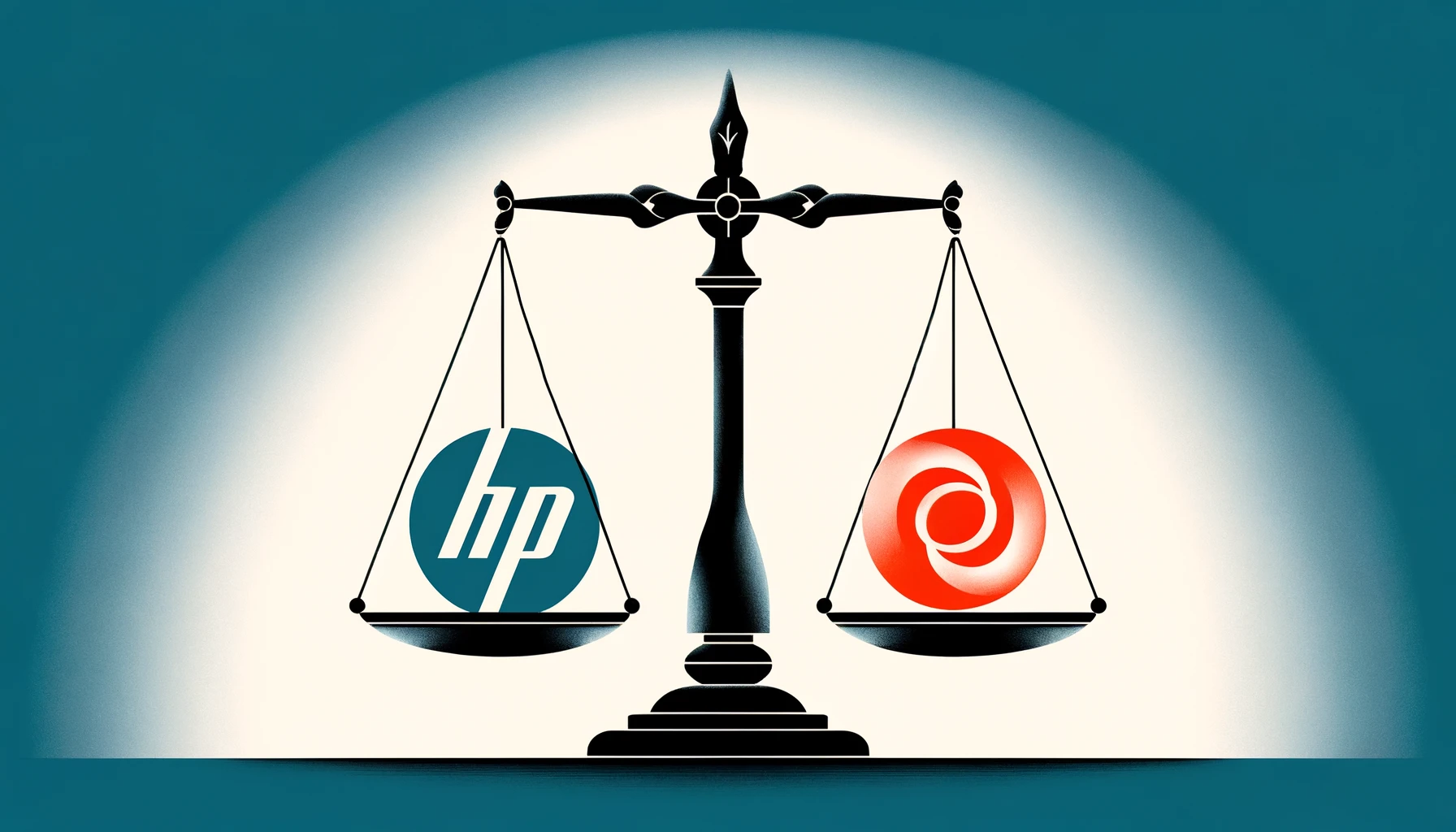Former Autonomy CEO Mike Lynch has been acquitted of all criminal charges in a landmark US fraud trial, concluding a 13-year legal saga with Hewlett-Packard (HP). The charges, which alleged that Lynch had artificially inflated Autonomy’s revenues prior to its $11 billion sale to HP in 2011, were dismissed after a 12-week trial.
The Acquittal: Details and Reactions
On Thursday, Lynch expressed his relief and gratitude following the verdict. “I am elated with today’s verdict and grateful to the jury for their attention to the facts over the last ten weeks. My deepest thanks go to my legal team for their tireless work on my behalf. I am looking forward to returning to the UK and getting back to what I love most: my family and innovating in my field,” Lynch stated.
The entrepreneur was cleared of 15 counts of fraud and conspiracy. His legal team, represented by Christopher Morvillo and Brian Heberlig, celebrated the decision, highlighting the jury’s rejection of the government’s case. “We are thrilled with the jury’s verdict, which reflects a resounding rejection of the government’s profound overreach in this case. The evidence presented at trial demonstrated conclusively that Mike Lynch is innocent,” they remarked.
Background of the Case
The case against Lynch has its roots in HP’s acquisition of Autonomy in 2011. The acquisition was initially heralded as a major success, but HP later wrote down its investment by $8.8 billion, attributing $5 billion of this to accounting practices under Autonomy’s previous management that allegedly inflated the company’s value. Prosecutors claimed Lynch and Stephen Chamberlain, Autonomy’s former vice president of finance, hid high-margin software revenue in unprofitable hardware sales to mislead potential buyers.
Lynch, who was extradited to the US and placed under house arrest prior to the trial, consistently maintained his innocence, arguing that HP’s failure to manage the acquisition was the real issue. Lynch’s defense successfully demonstrated that he was not involved in the accounting practices at the center of the allegations, instead focusing on technical and marketing matters.
Broader Implications
Lynch’s acquittal is significant, particularly given the rarity of such outcomes in US federal criminal cases. According to the Pew Research Center, only 0.4% of federal criminal cases resulted in trial and acquittal in fiscal year 2022, and only 12% of wire fraud prosecutions led to acquittal. The verdict also marks the end of an arduous 13-year effort to hold Lynch accountable for what HP alleged was deceptive conduct.
The US attorney’s office in San Francisco issued a statement acknowledging the verdict: “We acknowledge and respect the verdict. We would like to thank the jury for its attentiveness to the evidence the government presented in this case.”
Personal and Professional Repercussions
From my point of view, this verdict not only vindicates Lynch but also brings to light the complexities of corporate acquisitions and the challenges of integrating diverse business practices. Lynch, who made £500 million from the sale of Autonomy, can now focus on his ventures in the UK, where he has significantly contributed to the tech industry.
Lynch’s career has been marked by notable achievements. Co-founding Autonomy in 1996, he propelled the company to become a leader in analyzing unstructured data. Lynch was awarded an OBE in 2006 for his services to enterprise and has been an adviser to the UK government. He founded Invoke Capital, a venture capital firm, and invested in cybersecurity company Darktrace, showcasing his continued influence in the tech industry.
Looking Forward
As Lynch returns to the UK, his future endeavors will likely be closely watched. His acquittal allows him to re-engage with his innovative projects and continue his legacy in the tech sector. This case underscores the importance of fair trials and the impact of legal decisions on the lives and careers of individuals within the tech industry.






